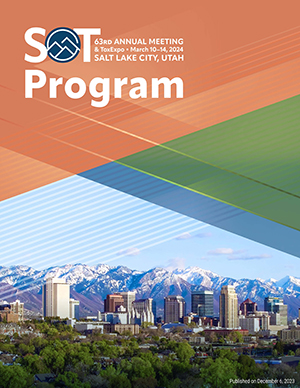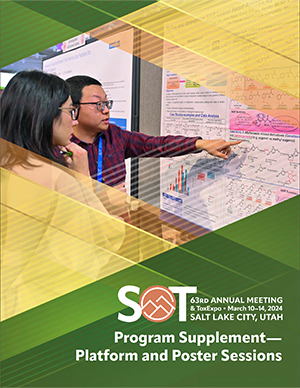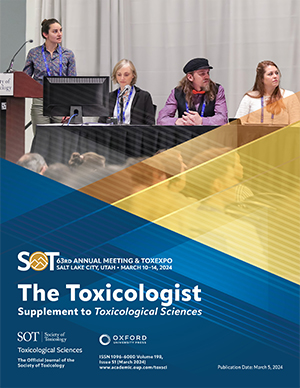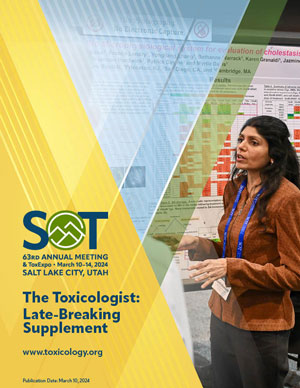Schedule and Publications
Overview Schedule
This overview grid will be continually updated as sessions and events are finalized.

Printable Schedule Overview Grid
Download
Last Updated: March 7, 2024
SOT Online Planner and Event App
The Online Planner and SOT Event App are your most up-to-date resources for the SOT Annual Meeting and ToxExpo since they are continually updated as information is finalized and changes.
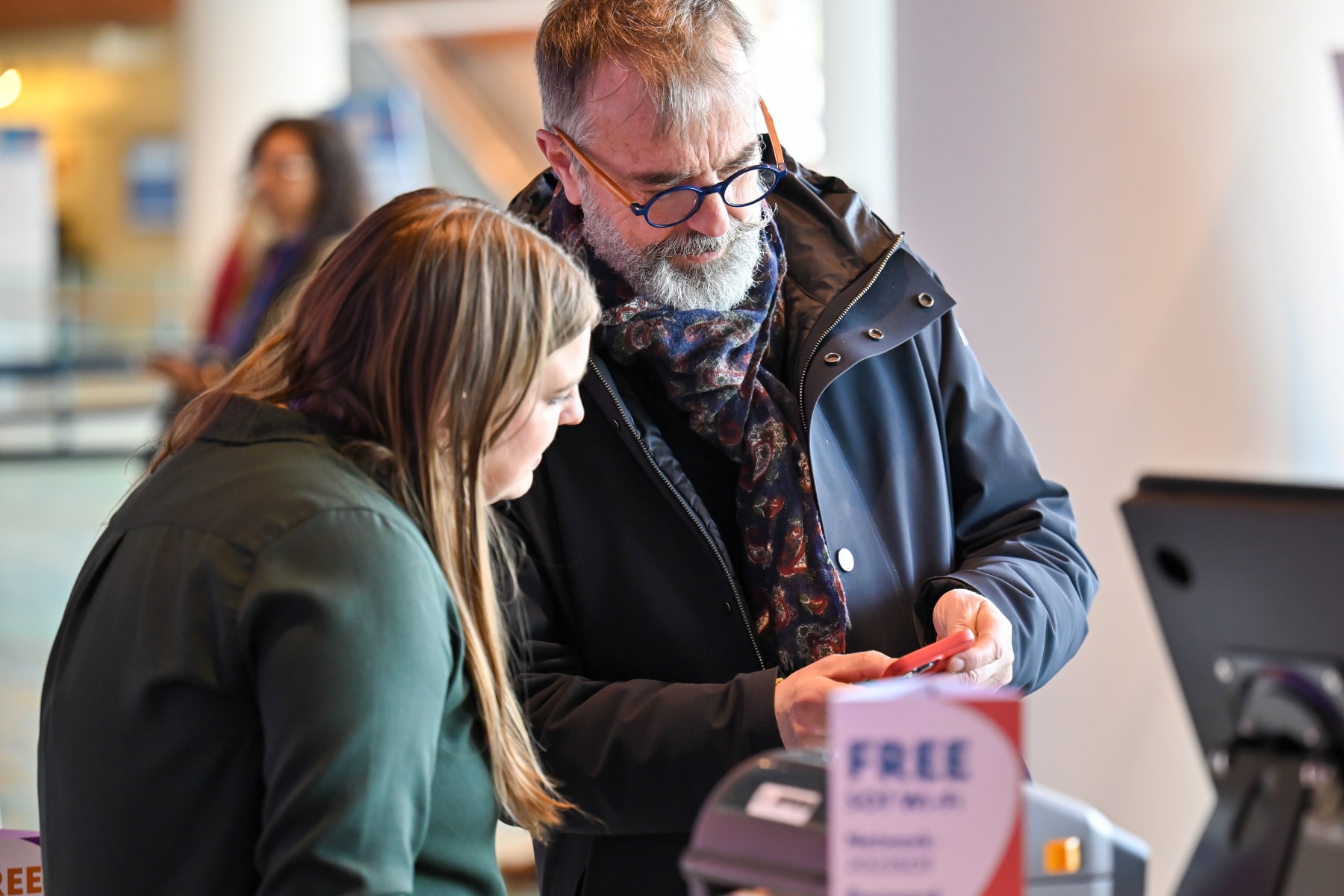
Schedule by Day
This day-by-day schedule will be continually updated as sessions and events are finalized. For the most up-to-date information, consult the 2024 SOT Online Planner.
Undergraduate Diversity Program: Opening Event
Saturday, March 9, 5:15 PM to 7:30 PM
By Invitation Only
Committee on Diversity Initiatives (CDI) Reunion
Saturday, March 9, 7:30 PM to 8:30 PM
All meeting registrants are invited to attend, especially those who have previously participated in the CDI Undergraduate Diversity Program.
Continuing Education Course
Sunday, March 10, 7:00 AM to 7:45 AM
Separate Registration and Fee
- SR1: Plastic Chemical Additives: Determining Human Risk from Microplastic Exposure
SOT Undergraduate Research Award Welcome
Sunday, March 10, 7:15 AM to 7:45 AM
By Invitation Only
FUTURE will welcome and recognize the students who have received the SOT Undergraduate Research Award before they attend the Undergraduate Education Program.
Undergraduate Education Program
Sunday, March 10, 8:00 AM to 5:00 PM
Free Reservation Required; Undergraduates Only
This daylong program introduces undergraduates to toxicology and includes opportunities to explore and interpret data, meet with academic program directors, and network with SOT mentors.
Continuing Education Courses
Sunday, March 10, 8:15 AM to 12:00 Noon
Separate Registration and Fee
- AM2: Advances in Metal Toxicology: From Aging and Disease Causation to Detection and Regulatory Measures
- AM3: Foundations of Embryonic and Fetal Development and Application to Developmental Toxicity Testing
- AM4: High-Throughput In Vitro–In Vivo Extrapolation for Predictive Toxicology
- AM5: Nix the Six: Strategies for Implementing Nonanimal Acute Toxicity Testing
- AM6: “Relax, Immune System,” Cell and Gene Therapy Here
- AM7: Weight of Evidence Analysis and Problem Formulation for Chemical Risk Assessment: Fundamental Principles and Application through Case Example
Continuing Education Courses
Sunday, March 10, 1:15 PM to 5:00 PM
Separate Registration and Fee
- PM8: Benchmark Dose Modeling and Its Applications in Drug, Food, and Chemical Safety Evaluation and Assessment
- PM9: Bridge over Adverse Waters: Integrating Pathology Findings into the Interpretation of Toxicology Studies
- PM10: Harnessing Toxicology in Pregnancy: Traditional and Novel Approaches to Placental Toxicology Research
- PM11: Next-Generation Data Transparency and Open Science Policies: What Toxicologists Need to Know
- PM12: Putting Theory into Practice: Using Computational New Approach Methodologies in Next-Generation Risk Assessment
- PM13: Use of New Approach Methodologies for the Assessment of Inhaled Substances: Examples and Case Studies
Awards Ceremony and Music
Sunday, March 10, 4:45 PM to 6:30 PM
Join SOT in honoring its award recipients. Music by pianist Emma Peterson begins at 4:45 pm, with the ceremony starting at 5:15 pm.
Welcome Reception
Sunday, March 10, 6:30 PM to 7:30 PM
All are invited to attend this event, which includes hors d’oeuvres and a cash bar.
25-Year (or More) Member Reception
Sunday, March 10, 7:00 PM to 8:00 PM
By Invitation Only
If you’ve been an SOT member for 25 years or more, come celebrate at this reception.
Student/Postdoctoral Scholar Mixer
Sunday, March 10, 7:30 PM to 9:00 PM
Free Reservation Required
All students and postdocs are invited to attend. Complimentary refreshments and a cash bar will be available.
SOT Mentoring Breakfast
Monday, March 11, 6:15 AM to 7:45 AM
Add-On Event; Limited Seating; SOT Members Only
This event is intended for all SOT members, from graduate students through established career toxicologists.
The Evolution of BioTech into TechBio
Monday, March 11, 8:00 AM to 9:00 AM

Chris Gibson
Recursion, Salt Lake City, UT.Undergraduate Diversity Program
Monday, March 11, 8:00 AM to 5:00 PM
By Invitation Only
Undergraduate Diversity Program mentor groups attend Annual Meeting sessions and posters, participate in exclusive activities, and celebrate the weekend’s accomplishments.
ToxExpo Exhibits
Monday, March 11, 9:00 AM to 4:30 PM
Visit the exhibitors for product, service, and career insights.
Tiny Tox Talks
Monday, March 11, 9:00 AM to 4:30 PM
These are 20-minute presentations on a variety of topics, ranging from grant funding and publishing to networking tips. The complete schedule of Tiny Tox Talks is available in the SOT Online Planner.
Global Gallery of Toxicology
Monday, March 11, 9:00 AM to 4:30 PM
The Global Gallery of Toxicology allows participating organizations to display posters showcasing their upcoming meetings, key accomplishments, strategic initiatives, journals, awards, and more.
Virtual Posters
SOT Component Group Posters
Monday, March 11, 9:00 AM to 4:30 PM
Dedicated poster space showcases the activities of the SOT Regional Chapters, Special Interest Groups, and Specialty Sections (SOT Component Groups).
Virtual Regional Chapter, Special Interest Group, and Specialty Section Posters
Regional Chapter ePosters
Special Interest Group ePosters
Specialty Sections ePosters
Symposium Sessions
Monday, March 11, 9:15 AM to 12:00 Noon
Symposium Sessions
- Burn Pit and Wildfire Aerosols—Chemical Composition and Health Consequences: What Is in Common?
- Exploring Drug-Induced Vascular Injury: Emerging Mechanisms, Biomarkers, Novel Approaches, and Regulatory Insight
- Harmful Algal Blooms and Human Health
- Looking through the Haze: Is the Picture Any Clearer on the Effects of Cannabis and Cannabis-Related Products on Reproduction and Development?
- Mechanisms of Per- and Polyfluorinated Substances Action: PPARɑ and Beyond
- Revolutionizing Detection and Prevention of Neurotoxic Effects: Harnessing the Power of In Vitro and In Silico Approaches for Safer Drug Development and Environmental Monitoring
- Use of PBPK and Novel Pharmacokinetic Approaches for the Quantitative Prediction of Tissue Residue and Withdrawal Times for Human Food Safety Assessment
Platform Sessions
Monday, March 11, 9:15 AM to 10:30 AM
- Machine Learning in Toxicology
Monday, March 11, 9:15 AM to 12:00 Noon
- Mechanisms of Carcinogenicity
Poster Sessions
Monday, March 11, 9:15 AM to 11:15 AM
Authors will be in attendance for the following Poster Sessions:
- ADME/Toxicokinetics
- Autoimmunity/Hypersensitivity
- Human Exposure Assessment/Biomonitoring
- Immunotoxicity I
- Medical Devices
- Metals I
- New Approach Methods: General
- Safety Assessment: Pharmaceutical—Drug Development I
- Skin
- Skin Sensitization
- Systems Biology and Toxicology
Note that posters are displayed from 9:00 am to 4:30 pm.
Trainee Discussion with Plenary Session Speaker Chris Gibson
Monday, March 11, 9:30 AM to 10:30 AM
Free Reservation Required; Limited Seating; Students and Postdocs Only
Plenary Session speaker Chris Gibson will meet informally for discussion with graduate students and postdoctoral scholars.
Global Collaboration Coffee
Monday, March 11, 9:30 AM to 11:30 AM
Hosted by IUTOX and SOT, this event offers an opportunity for scientific leaders to connect and gain a better understanding of the initiatives of societies around the world.
Research Funding Insights Room: Network with Grant Program Officers
Monday, March 11, 9:30 AM to 3:00 PM
Hours Subject to Change
Representatives from federal agencies will be available to answer general grant-related questions.
Neurotoxicity and Neuroinflammation Profiles in Animal Models: A Brief Review of Some Unexpected Response Modifiers of Likely Relevance to Toxicology
Monday, March 11, 11:00 AM to 12:00 Noon
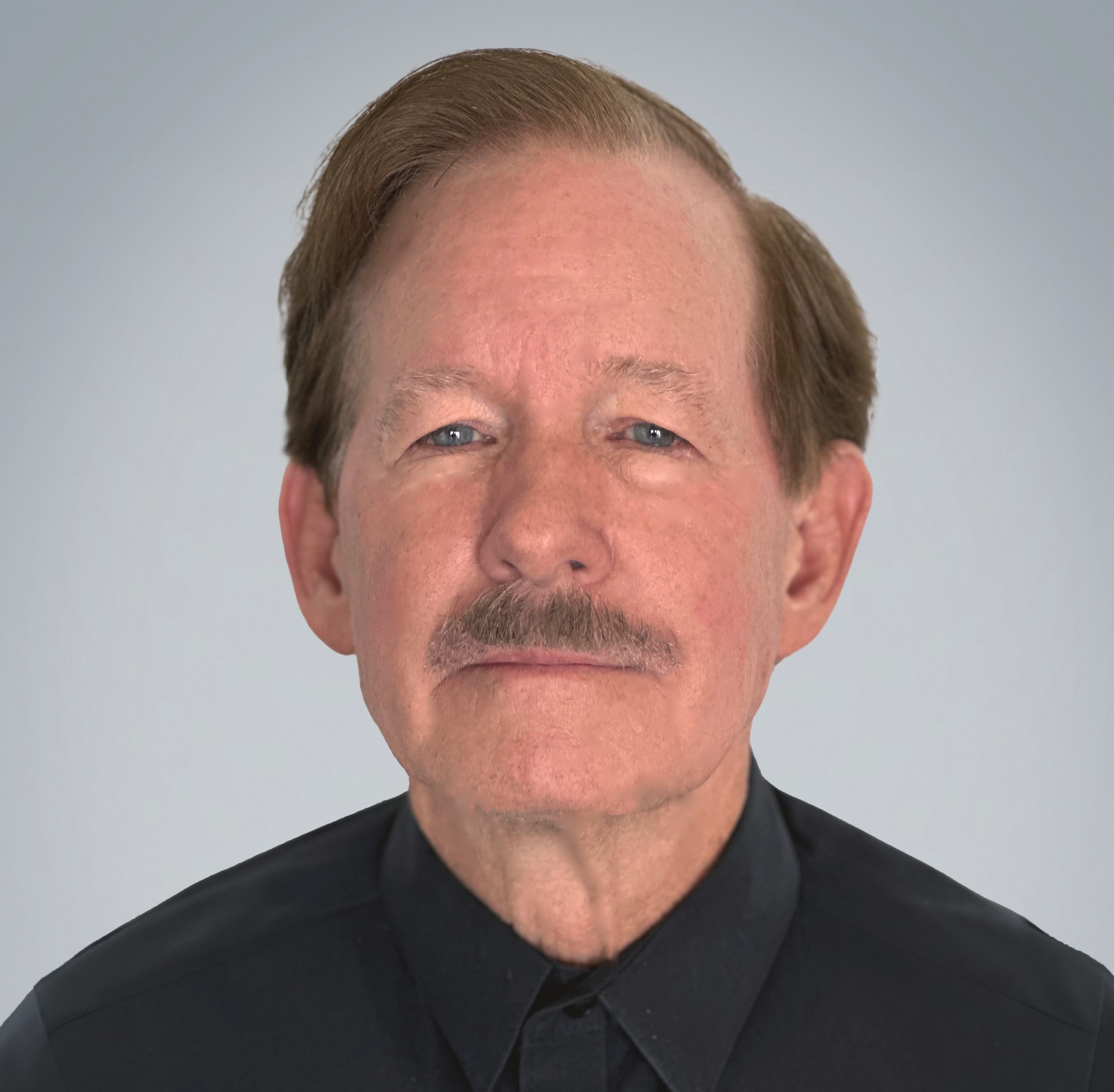
James P. O’Callaghan
NIOSH, Morgantown, WV.Poster Sessions
Monday, March 11, 11:45 AM to 1:45 PM
Authors will be in attendance for the following Poster Sessions:
- Epidemiology and Public Health
- Epigenetics
- Genotoxicity/DNA Repair
- Molecular Toxicology
- Neurotoxicity: Metals
- Neurotoxicity: Neurodegeneration
- Ocular Toxicology
- Safety Assessment: Non-pharmaceutical
Note that posters are displayed from 9:00 am to 4:30 pm.
ToxAIcology—AI Will Only Replace Toxicologists Who Do Not Use It!
Monday, March 11, 12:00 Noon to 1:30 PM
Add-On Event; Limited Seating; Students and Postdocs Only

Thomas Hartung
John Hopkins University Bloomberg School of Public Health, Baltimore, MD.Roundtable and Informational Sessions
Monday, March 11, 12:10 PM to 1:30 PM
Roundtable Session
- Women’s Health on the Frontlines: Science behind Sex-Specific Toxicology Differentials, Health Disparity, and Marginalization and Their Ethical Implications
Informational Session
- Risk Communication of PFAS: Challenges and Opportunities
Symposium and Workshop Sessions
Monday, March 11, 1:45 PM to 4:30 PM
Symposium Sessions
- Advances in New Approach Methods for Thyroid Toxicity Testing
- Botanical-Induced Toxicity: Liver Injury and Botanical Drug Interactions
- Defining Susceptibility to Ozone: A Window into Exposure Effects in a Changing Climate
- Neuroinflammation as a Central Mediator of Neurotoxicity: Implications for Environmental Links to Chronic Neurodegenerative Diseases
- Practical Applications of Machine Learning for Gaining Mechanistic Insights in Toxicology
Workshop Sessions
- Allergies Are More Than Skin Deep: Establishing Regulatory Test Methods for Respiratory Sensitization
- On the Edge of the NAMs Frontier: Pioneering Efforts toward Intra- and Internationally Harmonized Regulatory Applications of New Approach Methodologies
- Using Geographical Information to Promote Environmental Health and Justice
Platform Session
Monday, March 11, 1:45 AM to 4:15 PM
- Developmental Toxicity–Diversity of Mechanisms and Models
Poster Sessions
Monday, March 11, 2:15 PM to 4:15 PM
Authors will be in attendance for the following Poster Sessions:
- Biomarkers
- Chemical Threats and Bioterrorism
- Educating Future Toxicologists and Communicating with the Public
- Ethical, Legal, Social, Historical Issues
- PFAS I
- Risk Assessment I
- Safety Assessment: Pharmaceutical—Drug Development II
- Safety Assessment: Pharmaceutical—Drug Discovery
- Tobacco and ENDS Toxicology
Note that posters are displayed from 9:00 am to 4:30 pm.
Undergraduate Educator Network Meeting
Monday, March 11, 4:30 PM to 5:30 PM
All faculty involved in teaching toxicology to undergraduates and others interested in teaching are invited to attend.
Can the Microbiome Mediate the Toxicity of Environmental Chemicals?
Monday, March 11, 4:45 PM to 6:15 PM

SOT Debater: Tamara Tal
Helmholtz Centre for Environmental Research, Leipzig, Germany.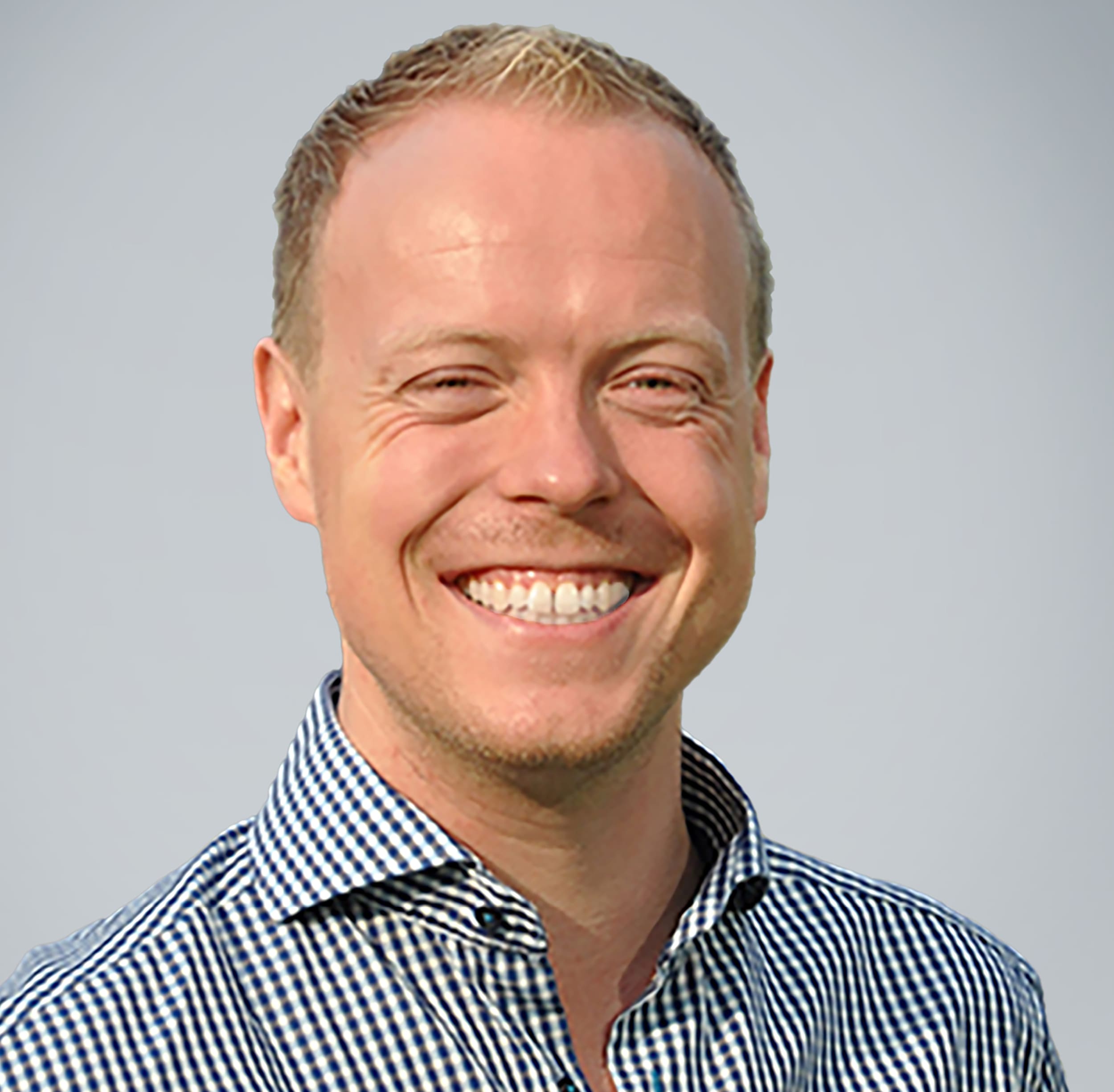
EUROTOX Debater: Karsten Beekmann
Wageningen University, Wageningen, Netherlands.Education-Career Development Session
Monday, March 11, 4:45 PM to 6:05 PM
- Decoding the Role of a Project Toxicologist in the (Bio)pharmaceutical Industry
Symposium, Workshop, Informational, and Platform Sessions
Tuesday, March 12, 8:00 AM to 10:45 AM
Symposium Sessions
- New Approach Methodology and Kinetic Modeling Approaches to Support Read-Across
- State-of-the-Art In Vitro Immune Modeling: The Beginning of a Journey toward AOPs and Improved Safety Assessment
- The State of the Science Linking Environmental Chemicals to Age-Related Neurocognitive Disease
- The Ties That Bind: Evaluating the Impact of PFAS Protein Binding and Transport on Persistence and Tissue Distribution
Workshop Sessions
- Cardiac Arrhythmias in Toxicology: Getting to the Heart of the Matter
- Integrating Aggregate Exposure Pathways and Adverse Outcome Pathways for Comprehensive Risk Assessment of Chemical Mixtures
- Into the Unknown: Unique Aspects of Evaluating Potential Reproductive and Developmental Toxicity of New Pharmaceutical Modalities
Informational Session
- Five Decades of Evaluating the Safety of Aspartame Consumption: Has Anything Changed?
Platform Session
- Advances in Mechanisms of Drug- and Diet-Induced Liver Injury
ToxExpo Exhibits
Tuesday, March 12, 9:00 AM to 4:30 PM
Visit the exhibitors for product, service, and career insights.
Tiny Tox Talks
Tuesday, March 12, 9:00 AM to 4:30 PM
These are 20-minute presentations on a variety of topics, ranging from grant funding and publishing to networking tips. The complete schedule of Tiny Tox Talks is available in the SOT Online Planner.
Global Gallery of Toxicology
Tuesday, March 12, 9:00 AM to 4:30 PM
The Global Gallery of Toxicology allows participating organizations to display posters showcasing their upcoming meetings, key accomplishments, strategic initiatives, journals, awards, and more.
Virtual Posters
SOT Component Group Posters
Tuesday, March 12, 9:00 AM to 4:30 PM
Dedicated poster space showcases the activities of the SOT Regional Chapters, Special Interest Groups, and Specialty Sections (SOT Component Groups).
Virtual Regional Chapter, Special Interest Group, and Specialty Section Posters
Regional Chapter ePosters
Special Interest Group ePosters
Specialty Sections ePosters
Poster Sessions
Tuesday, March 12, 9:15 AM to 11:15 AM
Authors will be in attendance for the following Poster Sessions:
- Air Pollution: Ozone
- Air Pollution Toxicology
- Animal Models
- Climate Change and Effects
- Ecotoxicology
- Nanotoxicology: In Vitro
- Nanotoxicology: In Vivo
- Tobacco and ENDS Toxicology II
Note that posters are displayed from 9:00 am to 4:30 pm.
Research Funding Insights Room: Network with Grant Program Officers
Tuesday, March 12, 9:30 AM to 3:00 PM
Hours Subject to Change
Representatives from federal agencies will be available to answer general grant-related questions.
Roles of NRF2-KEAP1 in Environmental Response: Continuing the Legacy of Dr. Yamamoto
Tuesday, March 12, 11:00 AM to 12:00 Noon
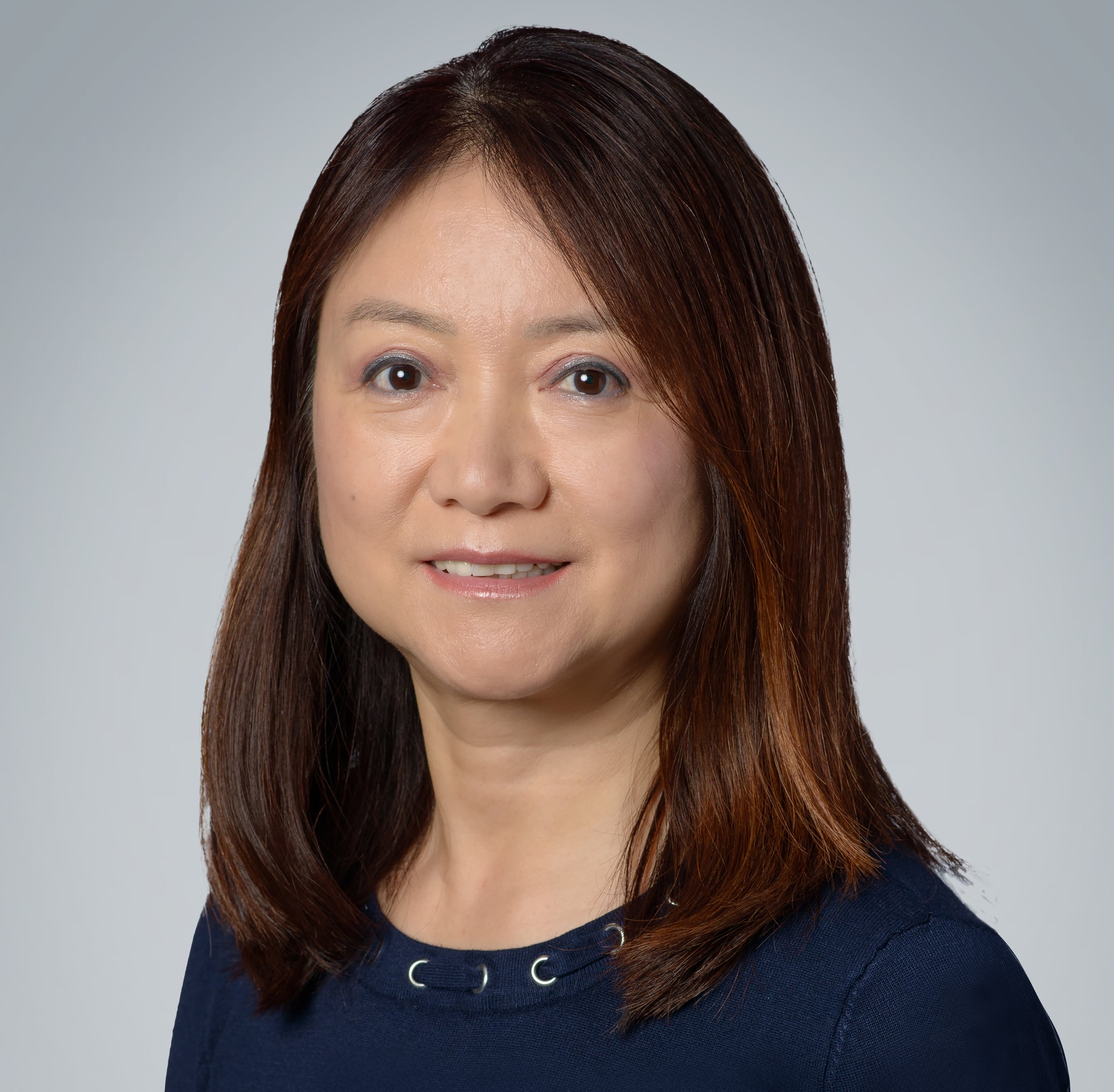
Donna D. Zhang
Herbert Wertheim UF Scripps Institute for Biomedical Innovation and Technology, Jupiter, FL.Workshop Sessions
Tuesday, March 12, 11:00 AM to 12:30 PM
Workshop Sessions
- Addressing Health Inequities and Susceptibilities via Incorporation of Nonchemical Stressors within Toxicological Approaches and Cumulative Risk Assessments
- It’s Not Easy Being Green: Applying Alternatives Assessment to Create Safer Consumer Products
Roundtable and Historical Highlights Sessions
Tuesday, March 12, 11:00 AM to 12:20 PM
Roundtable Sessions
- Current Status of Diversity, Equity, Inclusion, and Accessibility in Toxicology: SOT Special Interest Groups as Models
- From Theory to Practice: Preparing Students for Careers in 21st-Century Toxicology
Historical Highlights Session
- Take Heart: Learning from Our Past to Improve Cardiovascular Safety Assessments of Pharmaceuticals in the Future
Poster Sessions
Tuesday, March 12, 11:45 AM to 1:45 PM
Authors will be in attendance for the following Poster Sessions:
- Developmental and Juvenile Toxicology
- Immunotoxicity II
- Inflammation
- Liver: In Vivo
- Neurodegenerative Disease: Parkinson’s Disease
- POPs
- Reproductive Toxicology I
- Respiratory Toxicology I
- Respiratory Toxicology II
- Risk Assessment II
Note that posters are displayed from 9:00 am to 4:30 pm.
Postdoctoral Assembly Luncheon
Tuesday, March 12, 12:00 Noon to 1:00 PM
Add-On Event; Postdocs Only
This luncheon is a casual event that encourages engagement and networking among postdoctoral scholars.
Undergrad Gab with a Grad over Grub
Tuesday, March 12, 12:30 PM to 1:45 PM
Undergraduates Only
All undergraduates are encouraged to attend to learn about SOT programs and network with peers and graduate students; lunch is provided.
Approaches for Treatment of Nerve Agent Poisoning: From Experimental Laboratories to Intensive Care Units
Tuesday, March 12, 1:00 PM to 2:00 PM

Horst Thiermann
Bundeswehr Institute of Pharmacology and Toxicology, Munich, Germany.Is Mixture Risk Assessment Now Established Regulatory Practice?
Tuesday, March 12, 1:00 PM to 2:30 PM
Panelists:

Maureen R. Gwinn
US EPA-ORD, Research Triangle Park, NC.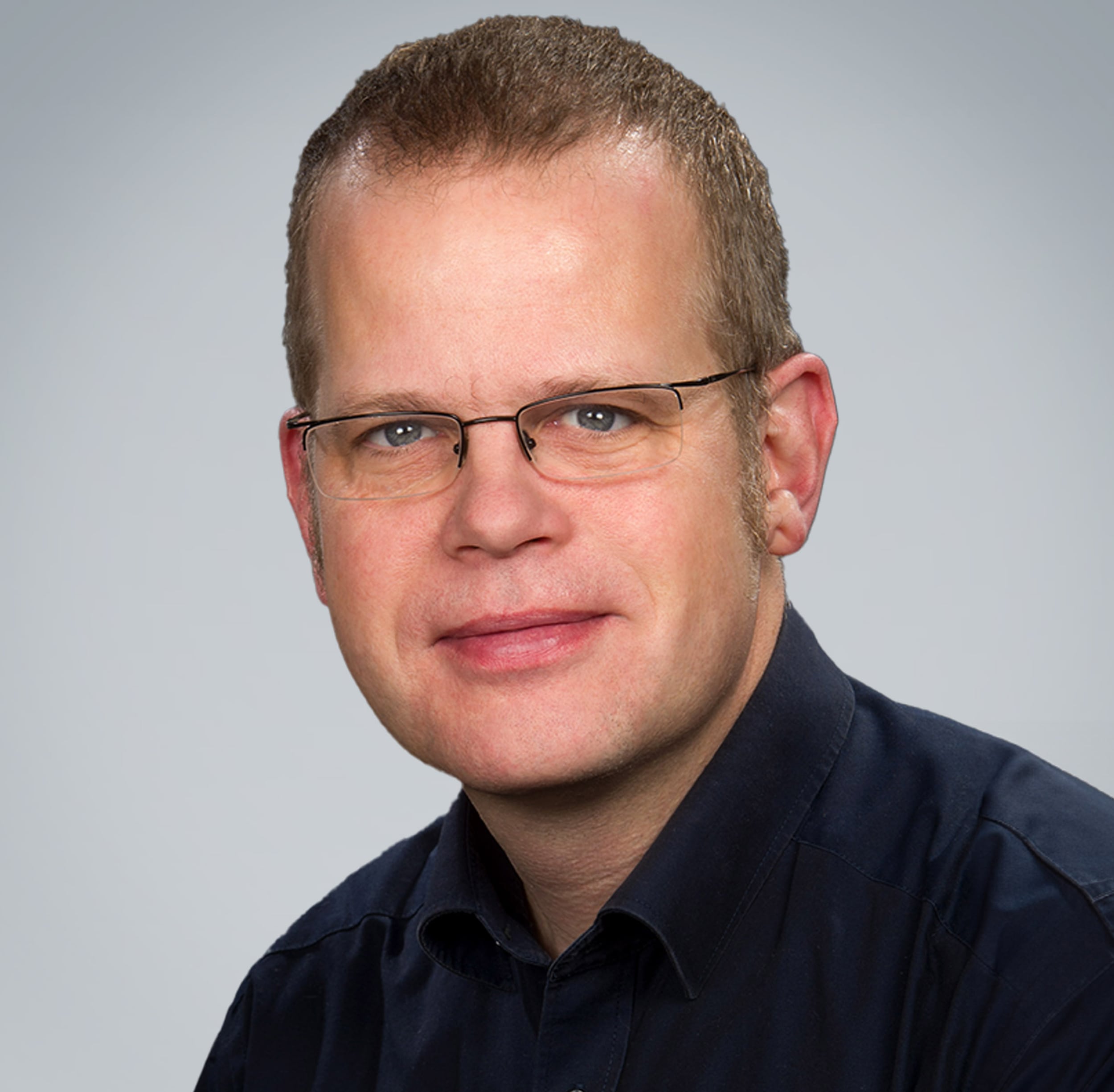
Matthias Herzler
German Federal Institute for Risk Assessment, Berlin, Germany.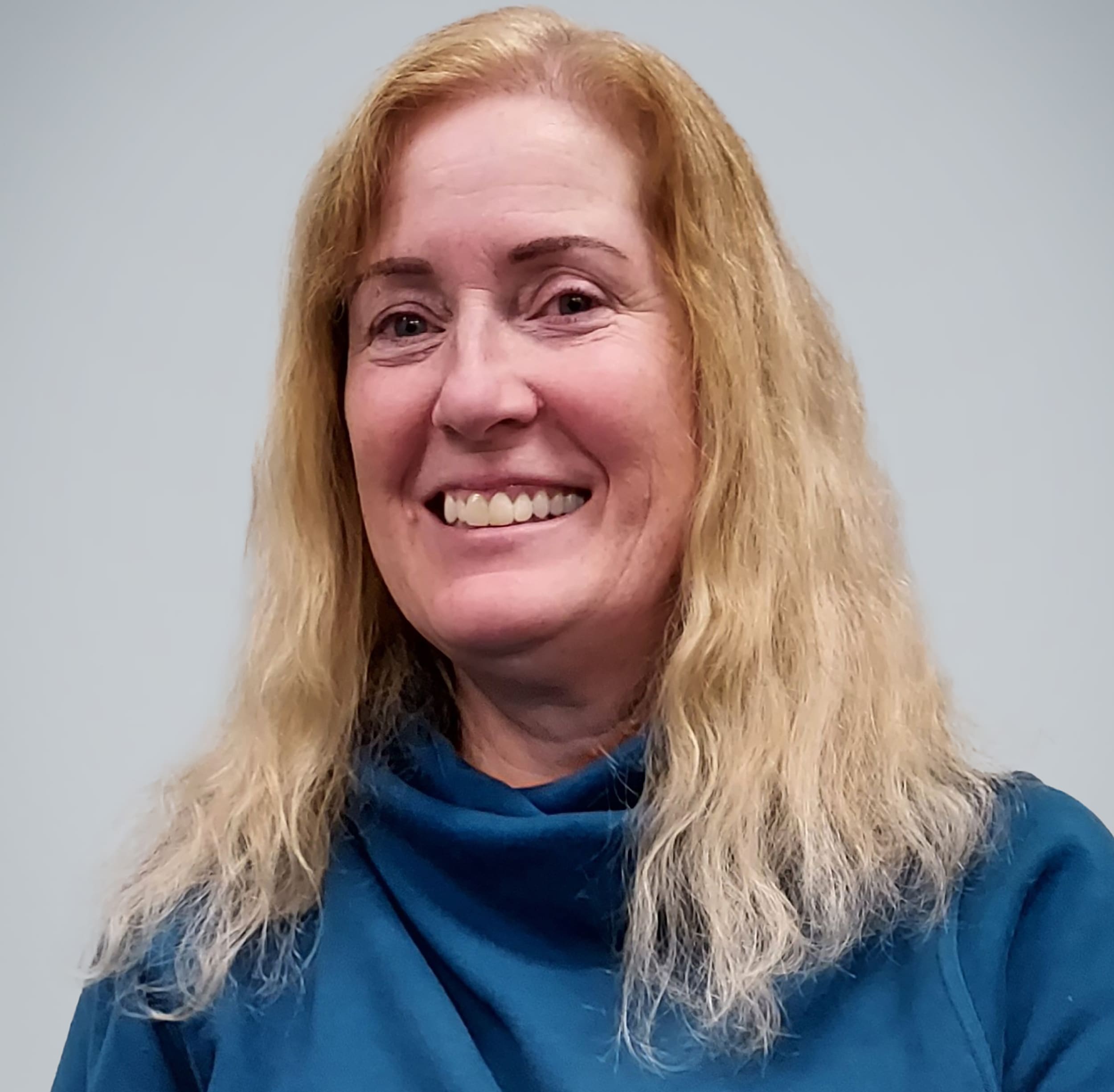
Joanna M. Matheson
US Consumer Product Safety Commission, Rockville, MD.
Martin F. Wilks
University of Basel, Basel, Switzerland.Symposium, Workshop, and Platform Sessions
Tuesday, March 12, 1:00 PM to 2:30 PM
Symposium Session
- Translational Approaches to Study Transporters in Toxicology: From Liquid Biopsies and Endogenous Biomarkers to Machine Learning and Epidemiology
Workshop Sessions
- Complex Interpretations of Substance Detection and Impairment
- Overcoming Barriers to More Scalable Environmental Health Science Research via Harmonized Language
Platform Sessions
- Advancements in Cardiotoxicity Assessment
- Ecotoxicology
- Epigenetics
Education-Career Development Session
Tuesday, March 12, 1:00 PM to 2:20 PM
- Preparing the Next Generation of Toxicologists: Integrating Practical Applications and Diverse Career Paths into the Student Experience
Career Exploration through Speed Informational Interviews
Tuesday, March 12, 1:30 PM to 2:50 PM
Free Reservation Required; Limited Seating; Postdocs and Graduate Students Only
Groups of trainees will rotate through a series of short discussions with career representatives from academia, government, and industry.
Poster Sessions
Tuesday, March 12, 2:15 PM to 4:15 PM
Authors will be in attendance for the following Poster Sessions:
- Air Pollution: Particulate Matter
- Endocrine Toxicology
- Neurotoxicity: Developmental I
- Neurotoxicity: General
- New Approach Methods: In Vitro I
- New Approach Methods: In Vitro II
- PFAS II
- Reproductive Toxicology II
- Risk Assessment III
Note that posters are displayed from 9:00 am to 4:30 pm.
Battling Mistrust and Alternative Facts to Communicate Science Effectively
Tuesday, March 12, 3:00 PM to 4:30 PM
Speakers:

Edward Cetaruk
University of Colorado Anschutz Medical Campus, Aurora, CO.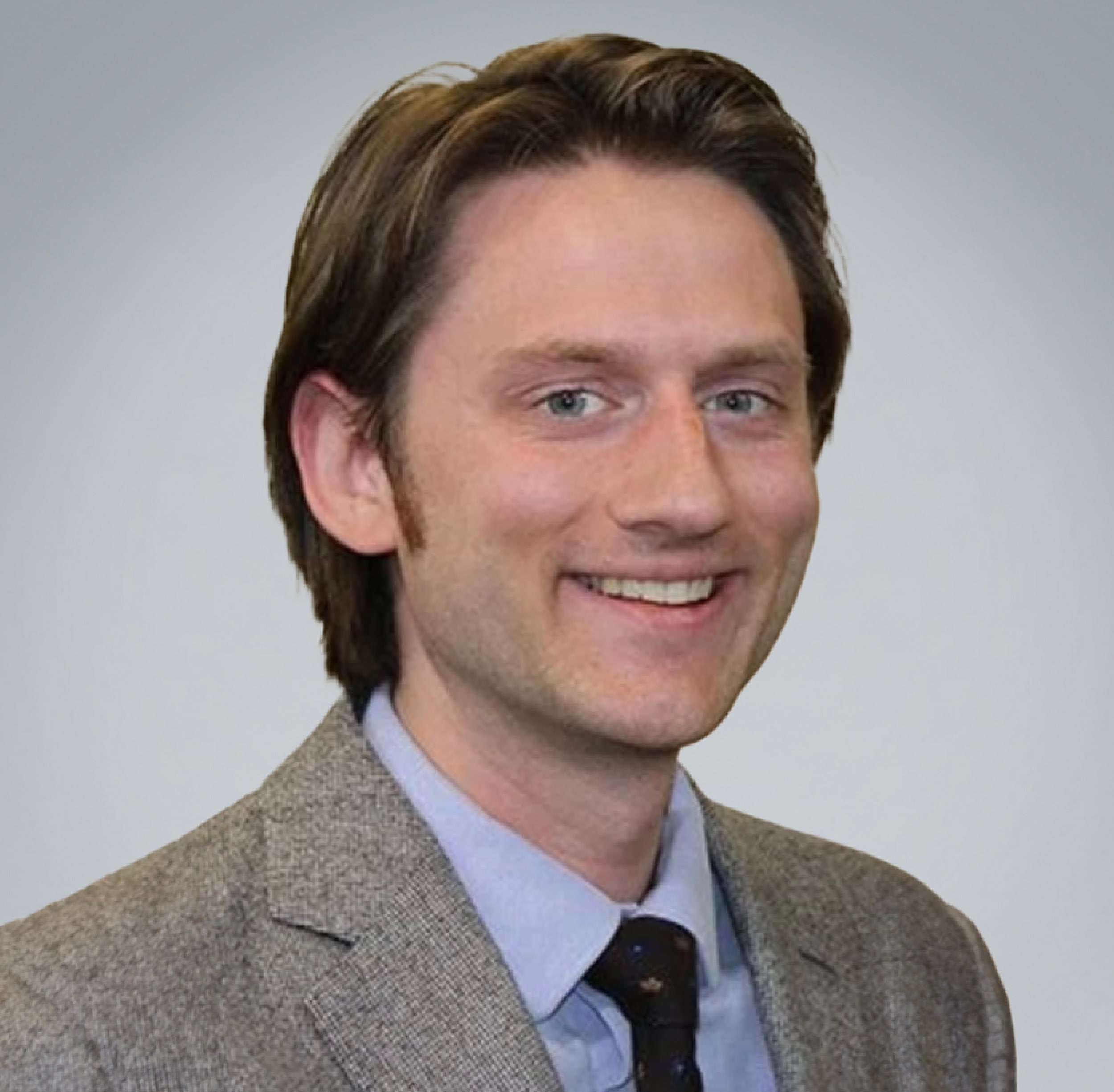
Dayne Laskey
University of Saint Joseph, West Hartford, CT.Are Humans REALLY Just Big Rats and Mice? A Tale of Three “Toxins”
Tuesday, March 12, 3:00 PM to 4:00 PM

David L. Eaton
University of Washington, Tucson, AZ.Symposium and Workshop Sessions
Tuesday, March 12, 3:00 PM to 4:30 PM
Symposium Sessions
- In Vitro to In Vivo Extrapolation to Predict Developmental Toxicity Potential
- Taking a Closer Look at Biological Evaluations for Ocular Medical Devices and Combination Products
Workshop Sessions
- Applications of Annotations and Ontologies in Toxicology to Get Us on the Same Page for Maximizing Data Potential
- Reducing Use of Nonhuman Primates in Oncology Drug Development: A 3R-Based IQ DruSafe/Industry/US FDA Perspective
Informational and Education-Career Development Sessions
Tuesday, March 12, 3:00 PM to 4:20 PM
Informational Session
- Methods and Transdisciplinary Frameworks to Evaluate Cumulative Impacts to Advance Equity in Community Health, Well-Being, and Quality of Life
Education-Career Development Session
- Navigating Career Transitions and Acclimation: The Art of a Scientific Career
Platform Session
Tuesday, March 12, 3:00 PM to 4:15 PM
- Molecular Mechanisms of Toxic Kidney Injury
Translational Insights into Reproductive Impacts of Micro- and Nanoplastics Contamination
Tuesday, March 12, 4:45 PM to 6:15 PM
Symposium Sessions
Tuesday, March 12, 4:45 PM to 6:15 PM
Symposium Sessions
- Long Non-coding RNA Dysregulations in Metal Toxicity and Carcinogenesis
- Nitrosamines: Mechanistic Evidence to Support Subclasses with Varying Mutagenic Potency
Informational and Education-Career Development Sessions
Tuesday, March 12, 4:45 PM to 6:05 PM
Informational Session
- From My Cosmetics to Smart Watch, Toxicology Touches It All!
Education-Career Development Session
- Toxicology in the Military: Unique Career Opportunities and Applications
SOT Annual Business Meeting
Tuesday, March 12, 4:45 PM to 6:15 PM
SOT members are encouraged to attend.
Tox ShowDown
Tuesday, March 12, 7:30 PM to 9:00 PM
Three teams of three contestants participate in this quiz game, an event that also features a cash bar.
Exosome and Its Related Studies
Wednesday, March 13, 8:00 AM to 10:45 AM
Speakers:

Takahiro Ochiya
Tokyo Medical University, Tokyo, Japan.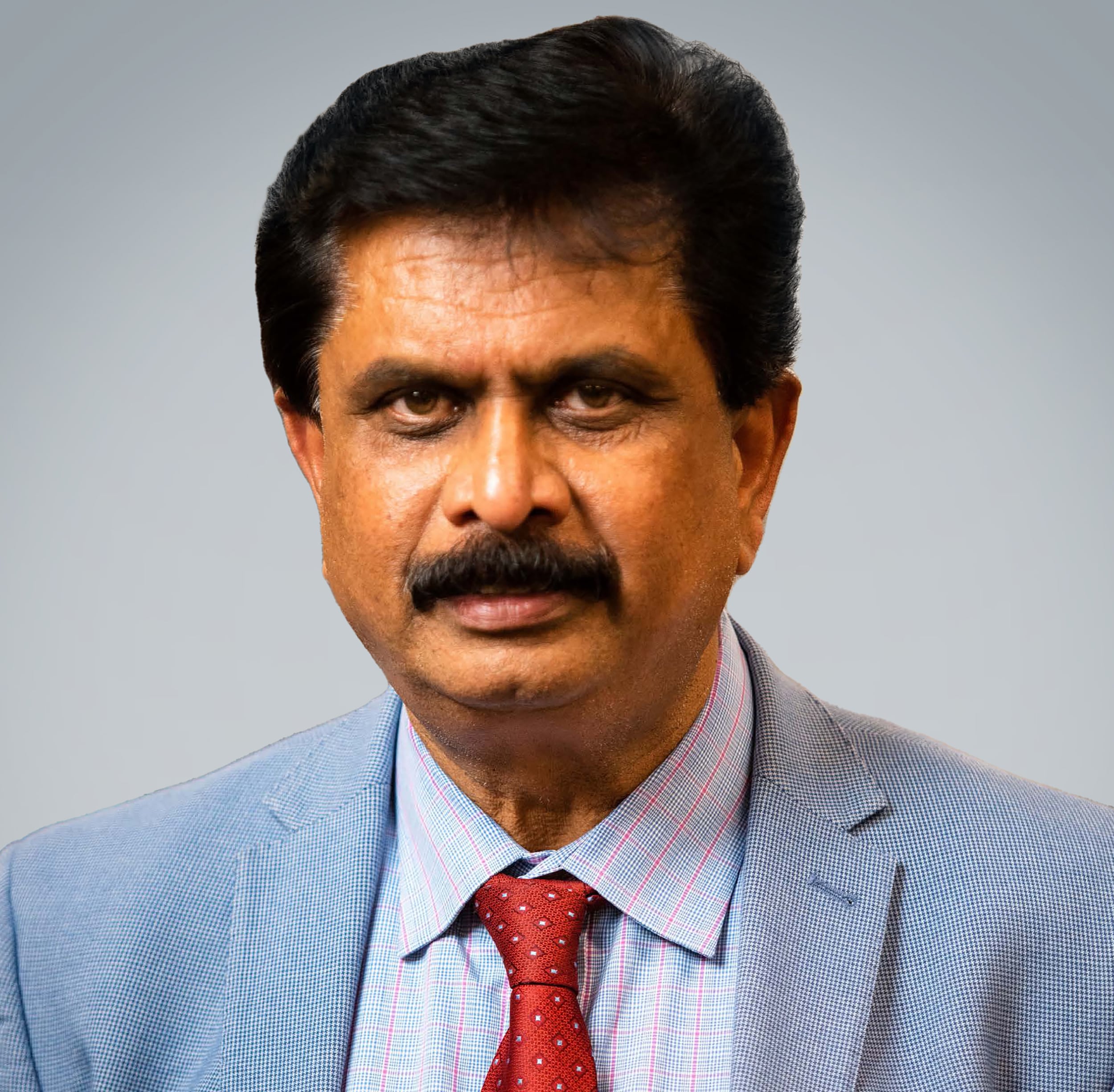
Anumantha Kanthasamy
University of Georgia, Athens, GA.
Ryuichi Onu
National Institute of Health Sciences, Kawasaki, Japan.
Irfan Rahman
University of Rochester Medical Center, Rochester, NY.Symposium and Workshop Sessions
Wednesday, March 13, 8:00 AM to 10:45 AM
Symposium Sessions
- It Takes Two! Paternal Exposures and Their Impacts on Offspring Health
- Take a Deep Breath: Opportunities and Challenges in Toxicology Studies for Inhaled Drug Development
- The “Cocktail Effect”: Studying the Greatest Uncontrolled Experiment Ever Launched!
Workshop Sessions
- Advancements in Utilizing Zebrafish-Based Behavioral Assays for Detecting Developmental Neurotoxicity and Understanding Associated Cellular and Molecular Changes
- Challenges and Future Perspectives on New Approach Methodologies for Developmental Immunotoxicity Testing
- Next-Generation Risk Assessment Calls for an Evidence-Based Next-Generation Uncertainty Assessment
Platform Sessions
Wednesday, March 13, 8:00 AM to 10:15 AM
- Endocrine Toxicology
Wednesday, March 13, 8:00 AM to 10:00 AM
- Wildfire and Wood Smoke
ToxExpo Exhibits
Wednesday, March 13, 9:00 AM to 4:30 PM
Visit the exhibitors for product, service, and career insights.
Tiny Tox Talks
Wednesday, March 13, 9:00 AM to 4:30 PM
These are 20-minute presentations on a variety of topics, ranging from grant funding and publishing to networking tips. The complete schedule of Tiny Tox Talks is available in the SOT Online Planner.
Global Gallery of Toxicology
Wednesday, March 13, 9:00 AM to 4:30 PM
The Global Gallery of Toxicology allows participating organizations to display posters showcasing their upcoming meetings, key accomplishments, strategic initiatives, journals, awards, and more.
SOT Component Group Posters
Wednesday, March 13, 9:00 AM to 4:30 PM
Dedicated poster space showcases the activities of the SOT Regional Chapters, Special Interest Groups, and Specialty Sections (SOT Component Groups).
Virtual Regional Chapter, Special Interest Group, and Specialty Section Posters
Regional Chapter ePosters
Special Interest Group ePosters
Specialty Sections ePosters
Poster Sessions
Wednesday, March 13, 9:15 AM to 11:15 AM
Authors will be in attendance for the following Poster Sessions:
- Cardiovascular Toxicology/Hemodynamics
- Clinical and Translational Toxicology
- Food Safety/Nutrition
- Natural Products
- Oxidative Injury and Redox Biology
- Stem Cell Biology and Toxicology
Note that posters are displayed from 9:00 am to 4:30 pm.
Opioid-Related Toxicity: From Respiratory Depression to the Overdose Epidemic
Wednesday, March 13, 11:00 AM to 12:00 Noon
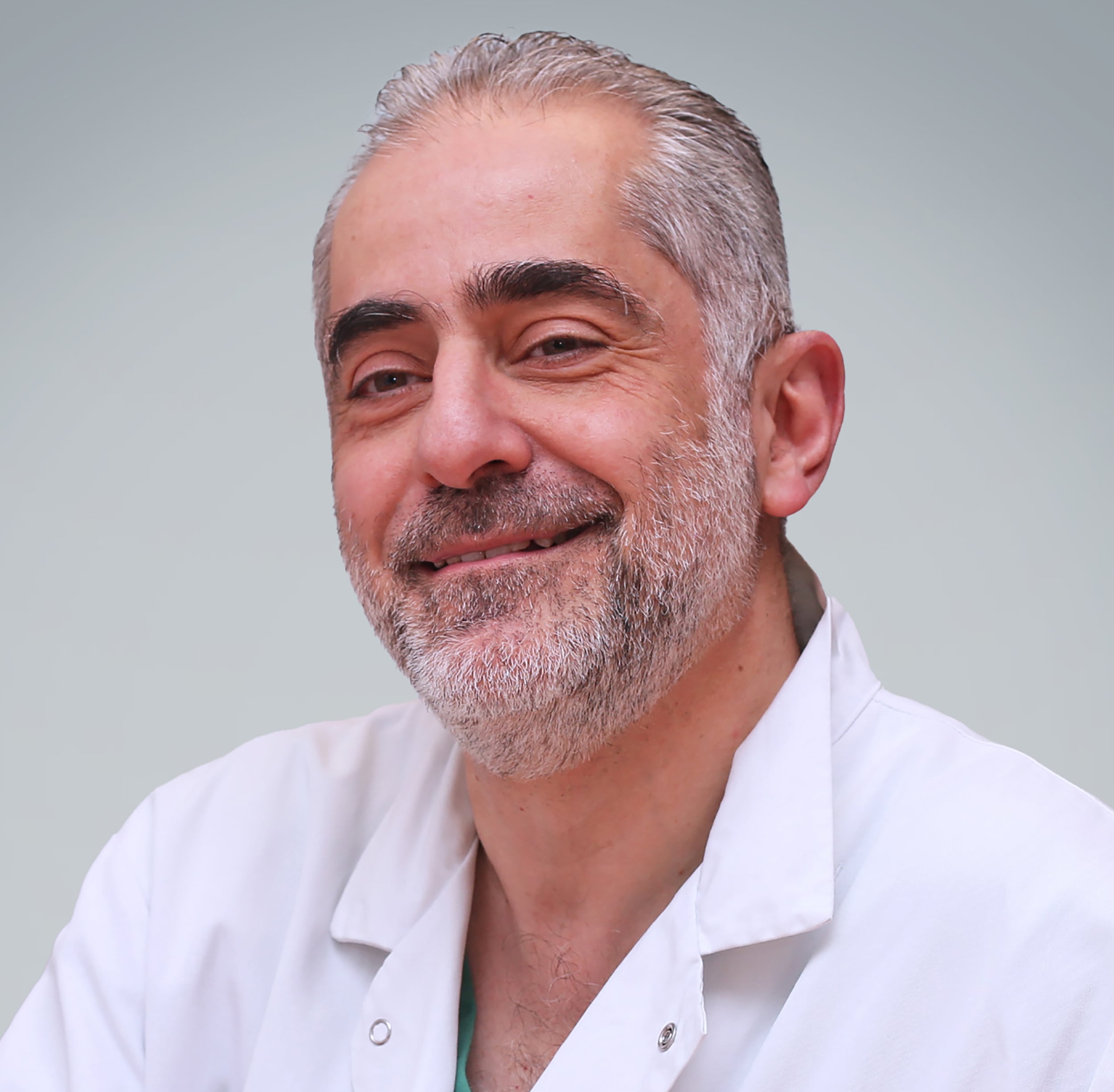
Bruno Mégarbane
Université Paris Cité, Paris, France.Roundtable, Informational, and Education-Career Development Sessions
Wednesday, March 13, 11:00 AM to 12:20 PM
Roundtable Session
- Is Less More? Reduction of Animal Use through Virtual Control Groups
Informational Sessions
- The Modernization of the Cosmetic Regulation Act: Perspectives on Recent Implementation Activities and Confirming Safety in Cosmetic Products
- Through the Lens: Translational Insights in Ocular Toxicology
Education-Career Development Session
- Empowering Career Growth through Effective Mentoring and Networking for Toxicologists
Poster Sessions
Wednesday, March 13, 11:45 AM to 1:45 PM
Authors will be in attendance for the following Poster Sessions:
- Carcinogenesis
- Computational Toxicology I
- Kidney
- Liver: In Vitro
- Mixtures
- Neurotoxicity: Developmental II
- Neurotoxicity: Pesticides
- Pesticides
Note that posters are displayed from 9:00 am to 4:30 pm.
Drug Safety Pharmacogenomics—Moving from Discovery to Implementation
Wednesday, March 13, 12:30 PM to 1:30 PM

Sir Munir Pirmohamed
University of Liverpool, Liverpool, United Kingdom.Symposium and Workshop Sessions
Wednesday, March 13, 1:30 PM to 4:15 PM
Symposium Sessions
- Accelerating Discovery in Parkinson’s Disease: A Blueprint for Modeling Environmentally Relevant Exposures through Cross-Disciplinary Collaboration
- Evaluation of Human Health Safety of Cosmetics and Personal Care Products in Minority and Sensitive Populations
- Preclinical Development of RNA-Editing, Gene, and Cell Therapies: Risks and Challenges
- Thyroid System–Disrupting Chemicals and the Developing Brain
Workshop Sessions
- Application of Early Molecular Measurements to Develop Points of Departure for Risk Assessment
- Update on the Development of Medical Countermeasures and Biomarkers against Pulmonary Chemical Threat Agents
Platform Sessions
Wednesday, March 13, 1:30 PM to 4:00 PM
- Micro- and Nanoplastics
Wednesday, March 13, 1:30 PM to 3:30 PM
- Safety Assessment Pharmaceutical: Drug Development
Poster Sessions
Wednesday, March 13, 2:15 PM to 4:15 PM
Authors will be in attendance for the following Poster Sessions:
- Bioinformatics
- Computational Toxicology II
- Drugs of Abuse
- Mathematical Modeling
- Metals II
- New Approach Methods: Computational
- Regulation/Policy
Note that posters are displayed from 9:00 am to 4:30 pm.
President’s Reception
Wednesday, March 13, 7:00 PM to 8:30 PM
By Invitation Only
Symposium and Workshop Sessions
Thursday, March 14, 8:00 AM to 11:15 AM
Symposium Sessions
- Capturing Unknowns: Increasing Utility of Epidemiologic Studies as Key Evidence in Chemical Risk Assessment
- Current Status, Challenges, and Future Considerations: Advancing NAMs for Assessing Inhalation Toxicity
- Error-Corrected Next-Generation Sequencing Strategies for Direct Assessment of Mutagenesis and Early Identification of Cancer Risk
- Multi-’omics Approaches to Unravel PFAS-Mediated Metabolic Dysfunction
- Qualification of Complex In Vitro Models as Drug Development Tools: How Do We Translate Exciting Science into Regulatory Decisions?
- The Lifesaver or the Devil? Identifying Key Molecular-Signaling Pathways and Their Roles in Chronic Exposure-Induced Neurological Diseases
Workshop Sessions
- Making Sense of Chaos: Recent Advances in Complex Mixtures Research and Regulation
- Overcoming Unique Challenges Associated with Biological Evaluation of Absorbable/Degradable Medical Devices and Combination Products: Regulatory and Scientific Considerations from Successful Case Studies
Where the Rubber Meets the Road: Impact of Tire Wear Particles on the Environment and Human Health
Thursday, March 23, 8:30 AM to 11:15 AM
Late-Breaking Poster Sessions
Thursday, March 14, 8:30 AM to 11:30 AM
Poster Sessions will be announced in February 2024.
21st-Century Toxicology: Updates and News from a Global Network
Thursday, March 14, 2024; 12:30 PM to 4:30 PM US Mountain Time
A Society of Toxicology (SOT) Satellite Meeting Organized by the Center for Alternatives to Animal Testing and the Humane Society International/Animal-free Safety Assessment Collaboration
Initially launched in 2008, 21st Century Toxicology is an annual series led by long-time partners, the Johns Hopkins Center for Alternatives to Animal Testing (CAAT, http://caat.jhsph.edu), and the Humane Society International-Led Animal-Free Safety Assessment Collaboration (AFSA, https://www.afsacollaboration.org). 21st Century Toxicology draws inspiration from the 2007 National Academies’ report on “Toxicity Testing in the 21st Century, A Vision and a Strategy.” These annual gatherings serve as a space for stakeholders to access upper-level information and news while being introduced to new technologies, advancements, and initiatives in the field of toxicology. Critical to maintaining this event’s emphasis on information sharing and network engagement is the focus on dialogue. Throughout the event’s program, periods of question and answer, as well as an “open microphone” discussion, have been integrated into the schedule, allowing participants to ask questions, make announcements, or offer comments on germane topics. In their early years, the satellite meetings placed considerable emphasis on large-scale, government-led, high-throughput testing programs in the United States, namely Tox21 and ToxCast. In more recent years, as the field has evolved, these sessions have expanded to include updates on a spectrum of related projects in the US and abroad, highlighting additional technologies (e.g., microphysiological systems, artificial intelligence, and other New Approach Methodologies) and additional programs (e.g., EU Tox-Risk). This year’s events will continue this trend, exploring the innovative initiatives, partnerships, and technologies being developed and advanced around the world, highlighting 21st Century Toxicology’s expanding influence and scope.
Click here for complete information and free registration.
Exact times of invited speakers will be finalized closer to the event, as such speakers and topics are subject to change. Box lunch will be provided to pre-registered, in-person attendees.
12:30 PM–1:00 PM
Welcome
Thomas Hartung (JHU)
1:00 PM–3:30 PM
Guest Speaker Presentations
(Please note: each presentation be 10 minutes in length and followed by 5 minutes of Q&A)
- NCATS Update: Dan Tagle (NCATS)
- NICEATM Update: Nicole Kleinstreuer (NICEATM)
- Advancing Alternative Methodologies at US FDA – William Mattes (US FDA)
- US EPA Update: Alison Harrill (US EPA)
- ASPIS Project – Bob van de Water (LEI)
- New Approach Methods (NAM) in Japan– Yoko Hirabayashi (NIHS, Japan)
- Animal-Free Safety Assessment Collaboration – Catherine Willett (HSI)
- New Developments of EBTC – Katya Tsaioun (JHU)
- Update on CAAT Activities Advancing 21st Century Toxicology – Thomas Hartung (JHU)
3:30 PM–4:00 PM
Open Microphone
Additional presentations, announcements, and questions
3:55 PM–4:00 PM
Closing Remarks
and Adjourn
Speaker Bios:
Danilo Tagle is currently Director, Office of Special Initiatives at the National Center for Advancing Translational Sciences (NCATS) of the National Institutes of Health (NIH) where he coordinates efforts towards developing microphysiological systems or organs on chips. He also coordinates efforts on 3D bioprinting for drug discovery and development, on automated chemistry, on the use of electronic nose technology for disease diagnosis, and the clinical utility of secreted RNA in exosomes for biomarker and therapy development. He has served on numerous committees, advisory boards, and editorial boards. He was an NIH National Research Service Award postdoctoral fellow in human genetics at the University of Michigan. Dan has authored many scientific publications and has garnered numerous awards, including more recently the Roscoe O. Brady Award for Innovation and Accomplishment; the Henry J. Heimlich Award for Innovative Medicine; and the HHS Secretary's Award for Distinguished Service: Rapid Acceleration of Diagnostics (RADx) Initiative.
Nicole C. Kleinstreuer began her role as Acting Director of the NTP Interagency Center for the Evaluation of Alternative Toxicological Methods (NICEATM) in 2020. NICEATM conducts data analyses, workshops, independent validation studies, and other activities to assess new, revised, and alternative test methods and strategies and provides support for the Interagency Coordinating Committee on the Validation of Alternative Methods (ICCVAM). Kleinstreuer leads NICEATM’s computational toxicology work, helps provide oversight of the NICEATM support contract, and works towards achieving the ICCVAM goals as articulated in the ICCVAM Authorization Act of 2000. She also holds a secondary appointment in the NIEHS Biostatistics and Computational Biology Branch.
William Mattes received his Ph.D. from the University of Michigan in Biological Chemistry and completed his postdoctoral work in Biochemistry at Johns Hopkins University. He has served as Director for multiple foundations and institutes focusing on toxicology and more targeted initiatives aimed at specific disease. Throughout his career he fostered collaboration among diverse groups of organizations, academic institutions, and federal agencies. He spent seven years at the Food and Drug Administration during which time he led the Division of Systems Biology out of Jefferson, Arkansas. He now works as an independent consultant, applying his broad range of expertise and experience to clients’ specific needs. He is most interested in and motivated by the practical applications of scientific advancements that better and benefit human health.
Alison Harrill is Associate Director for Toxicology in the Office of Research and Development (CCTE) at the US EPA. She is a member of the EPA NAMs Work Plan Implementation Team and co-lead of a project to modernize OECD’s Guidance Document 34 that describes the process for validating new test methods. Dr. Harrill will discuss EPA Office of Research and Development research efforts toward integrating NAMs into decision making and risk assessment processes. The talk will describe recent efforts, including a NAMs-based assessment workflow case study and related efforts that leverage national and international partnerships to advance the use of NAMs in a regulatory context. Additionally, advances in analytical and computational methods to advance understanding of chemical exposure in collaboration with state partners will be discussed.
Bob van de Water is head of the Cancer Therapeutics and Drug Safety group at the Division of Drug Discovery & Safety at Leiden University (LEI). Courses he leads at LEI include “Theme Effects of drugs III – Drug Safety Evaluation” and “Signal transduction: from target discovery to therapy”. He also participates in a variety of university projects focusing on oncogenic protein tyrosine kinases and Annexin family members in breast cancer formation and metastasis, live cell imaging-based modelling of cellular toxicity pathways, as well as many other topics. He offers his expertise in multiple ancillary capacities including serving as a Scientific Advisory Board for Cosmetics Europe and as an Editorial Board Member with the Archives Toxicology journal.
Yoko Hirabayashi serves as Director of the Center for Biological Safety & Research within the National Institute of Health Science in Japan. He received his MD from the Yokohama City University, School of Medicine, specializing in Pathology & Molecular Hematology. His research focuses on experimental pathology as well as the environmental effects of chemicals and radiation. He has authored and co-authored numerous articles within these research areas and others and is a recognized leader in his field. He is current a member of the Japanese Society for Alternatives to Animal Experiments, the Japanese Society for Food Hygiene and Safety as well as the Japanese Society of Laboratory Animal Science and served on numerous and diverse associations and societies prior.
Catherine Willett received her PhD from the University of California, Davis in Genetics. She has directed the policy efforts of multiple organizations, including People for the Ethical Treatment of Animals. Since 2011, she has worked for the Humane Society in a number of capacities and now serves as the Senior Director of Science and Regulatory Affairs. She defines her and her team’s focus by the following: “Working to improve chemical assessment globally by promoting the development and implementation of the latest scientific understanding, technology, and approaches. Our goal is to support the shift to predictive science based on deep understanding of biology for both chemicals management and drug development, resulting in a move away from animal testing toward assessment using mechanism-based in vitro testing combined with various types of modeling.”
Katya Tsaioun is the Executive of the Evidence Based Toxicology Collaborative, “a member-driven organization, bringing together the international toxicology community to work on adapting and developing evidence-based methods and frameworks that facilitate the use of evidence in informing regulatory, environmental and public health decisions.” She is an experienced executive and entrepreneur. Her interests are in driving innovation in academia, industry, regulatory, healthcare and non-profit sectors. She specializes in building multi-sector stakeholder alliances and cross-disciplinary, geographically distributed research advocacy teams.
Thomas Hartung, MD, PhD, is the Doerenkamp-Zbinden-Chair for Evidence-based Toxicology in the Department of Environmental Health and Engineering at Johns Hopkins Bloomberg School of Public Health, Baltimore, with a joint appointment at the Whiting School of Engineering. He also holds a joint appointment for Molecular Microbiology and Immunology at the Bloomberg School. He is adjunct affiliate professor at Georgetown University, Washington, DC. In addition, he holds a joint appointment as Professor for Pharmacology and Toxicology at University of Konstanz, Germany; he also is Director of Centers for Alternatives to Animal Testing (CAAT, http://caat.jhsph.edu) of both universities. As PI, he headed the Human Toxome project funded as an NIH Transformative Research Grant. He is Chief Editor of Frontiers in Artificial Intelligence. He is the former Head of the European Commission’s Center for the Validation of Alternative Methods (ECVAM), Ispra, Italy, and has authored more than 600 scientific publications (h-index 100).
AI at US FDA-National Center for Toxicological Research
A Society of Toxicology (SOT) Satellite Meeting Organized by the US FDA/National Center for Toxicological Research (NCTR)
Thursday, March 14, 1:00 PM to 3:15 PM, US Mountain Time
Room 355 B, Salt Palace Convention Center
Open to all attendees; no registration necessary.
Host: Dr. Weida Tong, US FDA/National Center for Toxicological Research (NCTR)
The Division of Bioinformatics and Biostatistics at the US FDA's National Center for Toxicological Research has been at the forefront of harnessing AI and machine learning technologies since its inception. This workshop is designed to highlight the Division's latest advancements, placing particular emphasis on predictive toxicology. The discussions will delve into pivotal topics such as the application of AI as a viable alternative to traditional animal studies, addressing challenges related to the opioid crisis, exploring insights into endocrine disruptors, and delving into the intricacies of drug-induced toxicity. This comprehensive showcase promises to offer invaluable insights into the innovative strides made by the division in advancing the field of toxicological research through cutting-edge AI and machine learning methodologies.
Agenda: (all speakers’ affiliation is the US FDA-NCTR)
1:00 PM–1:15 PM
DICTrank: The Largest Drug-Induced Cardiotoxicity Reference Dataset to Facilitate the Development of NAMs
Dr. Dongying Li
1:15 PM–1:30 PM
Unraveling Drug Nomenclature Chaos: A Comprehensive Quality Assessment of RxNorm for Enhanced Drug Safety Surveillance
Dr. Wenjing Guo
1:30 PM–1:45 PM
A Comparative Analysis of GAN-based and Conventional Machine Learning Models for Predicting Compound-Induced Responses in Rat Serum Liver Enzymes
Dr. Xi Chen
1:45 PM–2:00 PM
TransOrGAN: An Artificial Intelligence Mapping of Rat Transcriptomic Profiles among Organs
Dr. Ting Li
2:00 PM–2:15 PM
Break
2:15 PM–2:30 PM
TAn Introduction to the SEQC2 Manually Reviewed Benchmarking Indel Set and Its Potential Use in AI-based Variant Calling Models
Dr. Binsheng Gong
2:30 PM–2:45 PM
TBERT-based Language Model for Accurate Drug Adverse Event Extraction from Social Media: Implementation, Evaluation, and Contributions to Pharmacovigilance Practices
Dr. Fan Dong
2:45 PM–3:00 PM
TA Framework Enabling LLMs into Regulatory Environment for Transparency and Trustworthiness: A Case Study with Drug Labeling Document
Dr. Leihong Wu
3:00 PM–3:15 PM
TElevating Pharmacovigilance with Advanced AI: A Study on LLM-Based Literature Screening
Dr. Joshua Xu
Featured Speakers
Speakers will be added as they are confirmed.
Karsten Beekmann
Wageningen University
Edward Cetaruk
University of Colorado Anschutz Medical Campus
David L. Eaton
University of Washington
Chris Gibson
Recursion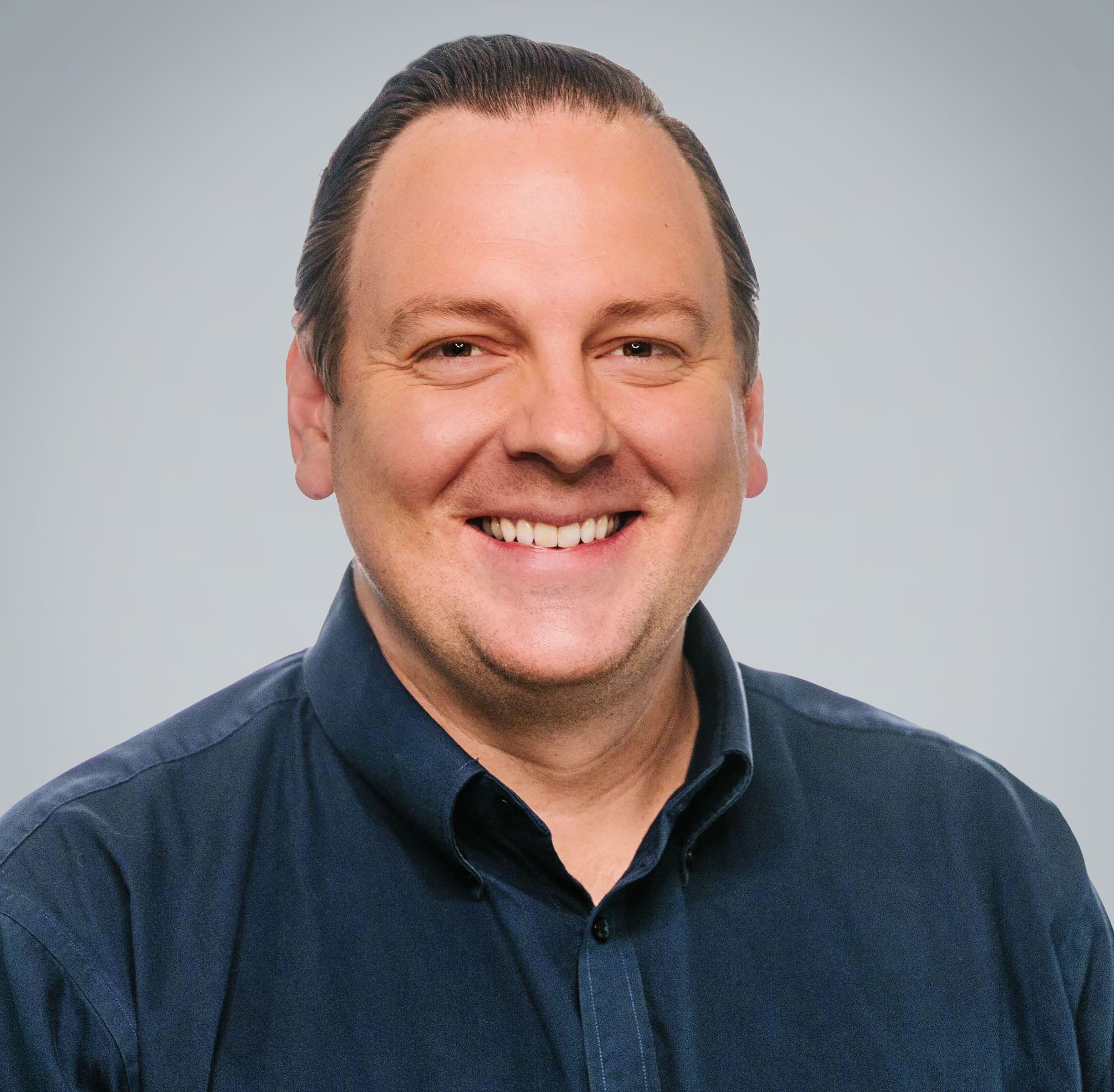
Maureen R. Gwinn
US EPA/ORD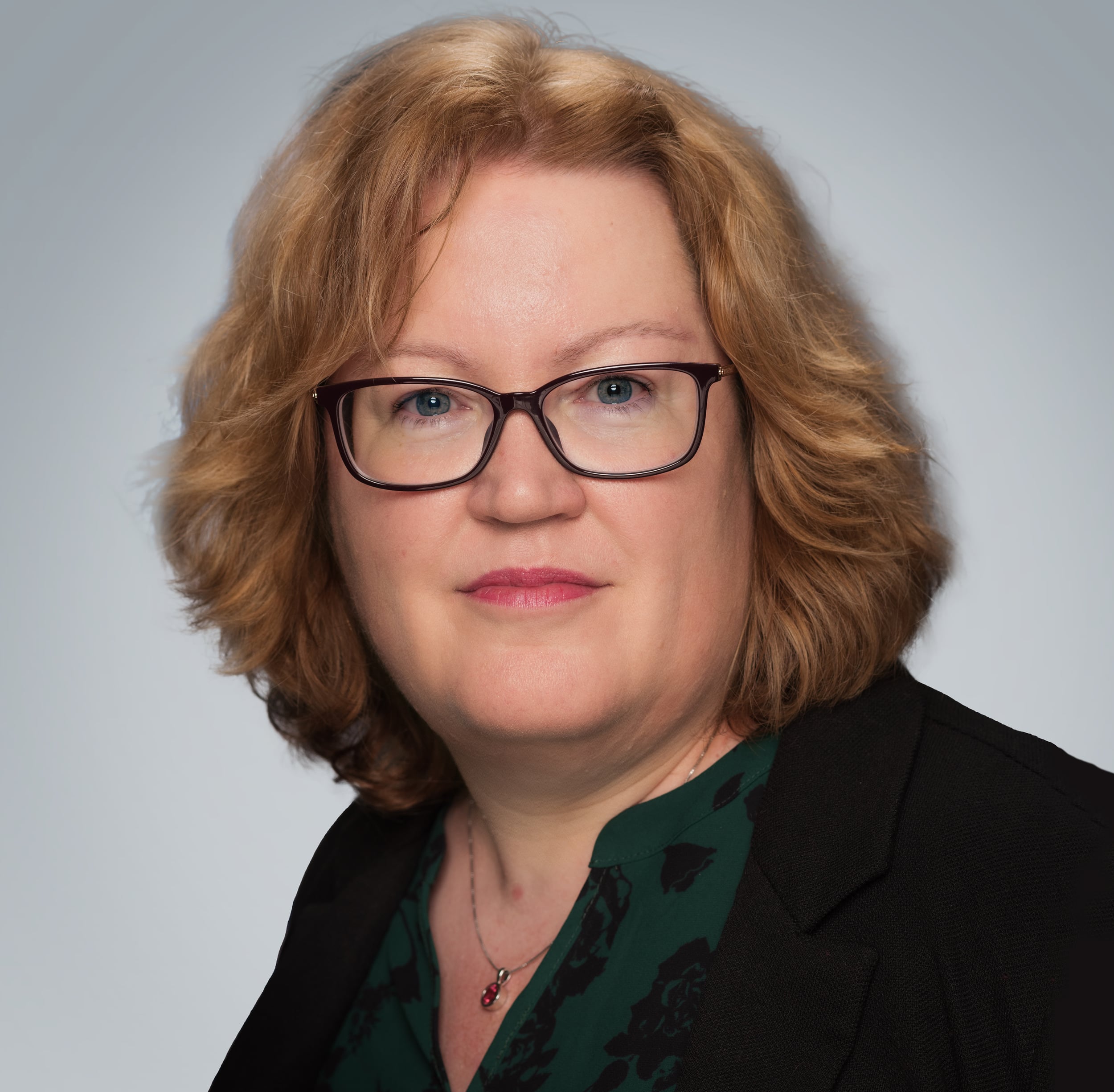
Thomas Hartung
Johns Hopkins University
Matthias Herzler
German Federal Institute for Risk Assessment
Anumantha Kanthasamy
University of Georgia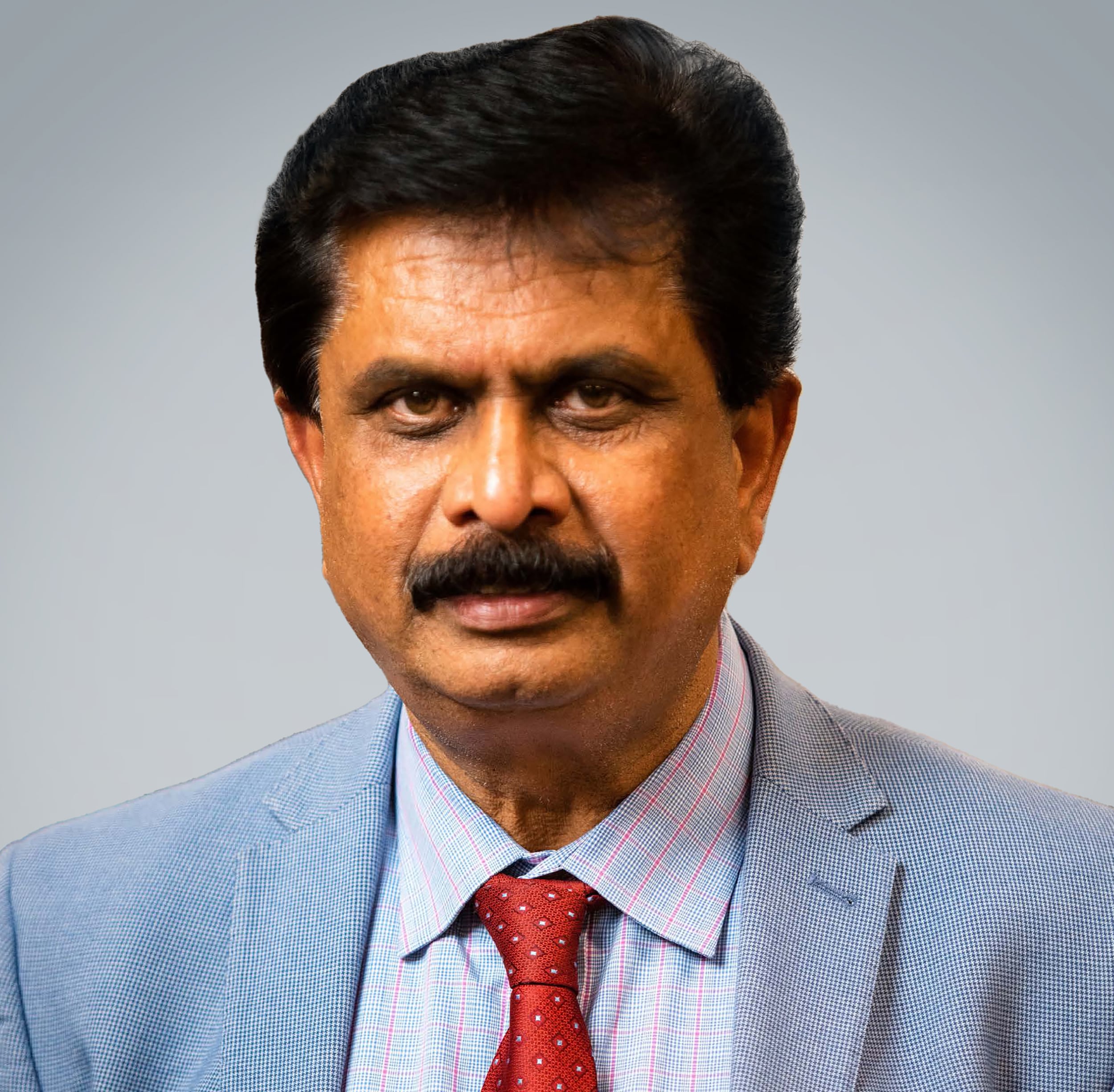
Dayne Laskey
University of Saint Joseph
Joanna M. Matheson
US Consumer Product Safety Commission
Bruno Mégarbane
Université Paris Cité
James P. O’Callaghan
NIOSH
Takahiro Ochiya
Tokyo Medical University
Ryuichi Ono
National Institute of Health Sciences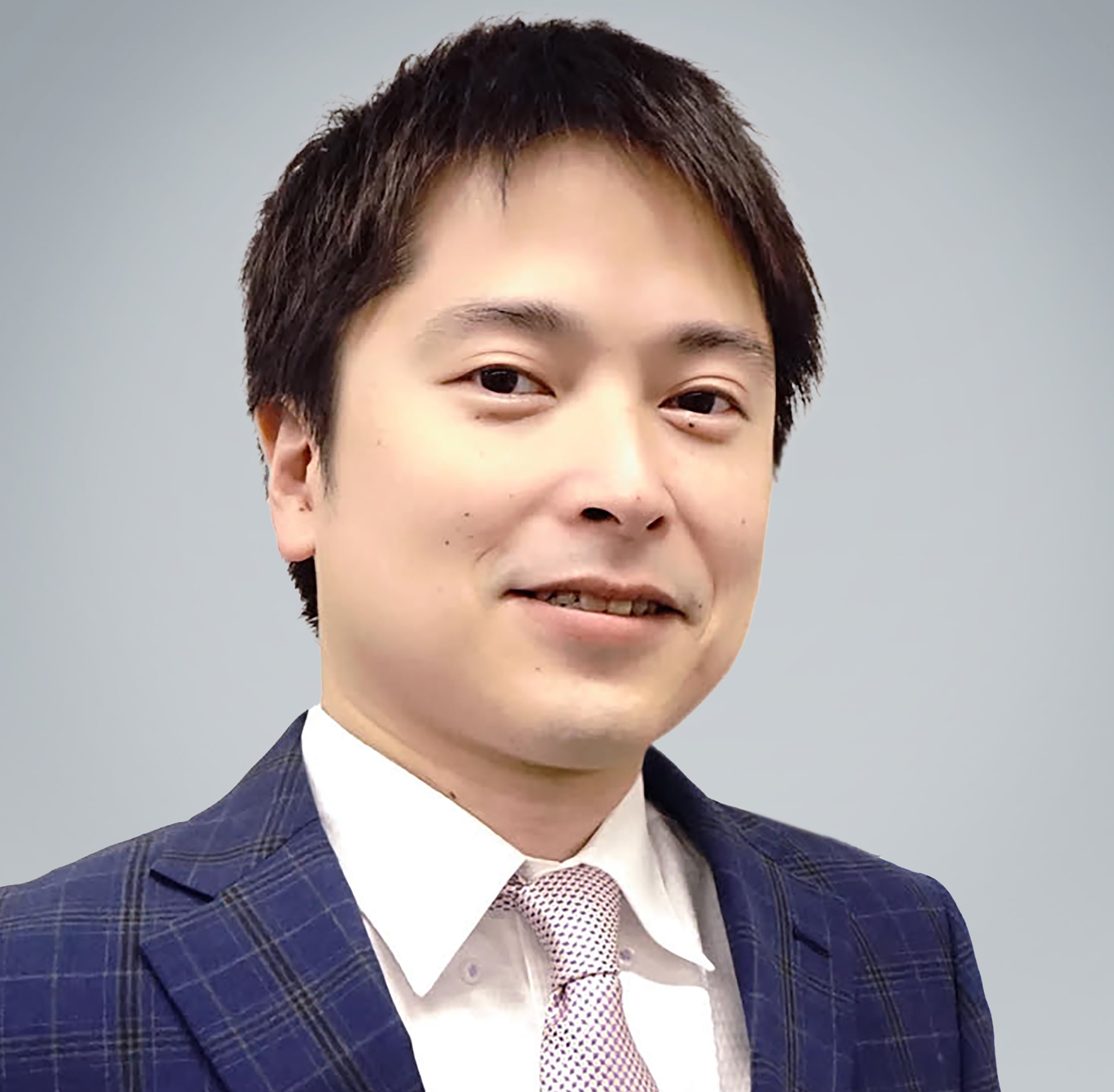
Sir Munir Pirmohamed
University of Liverpool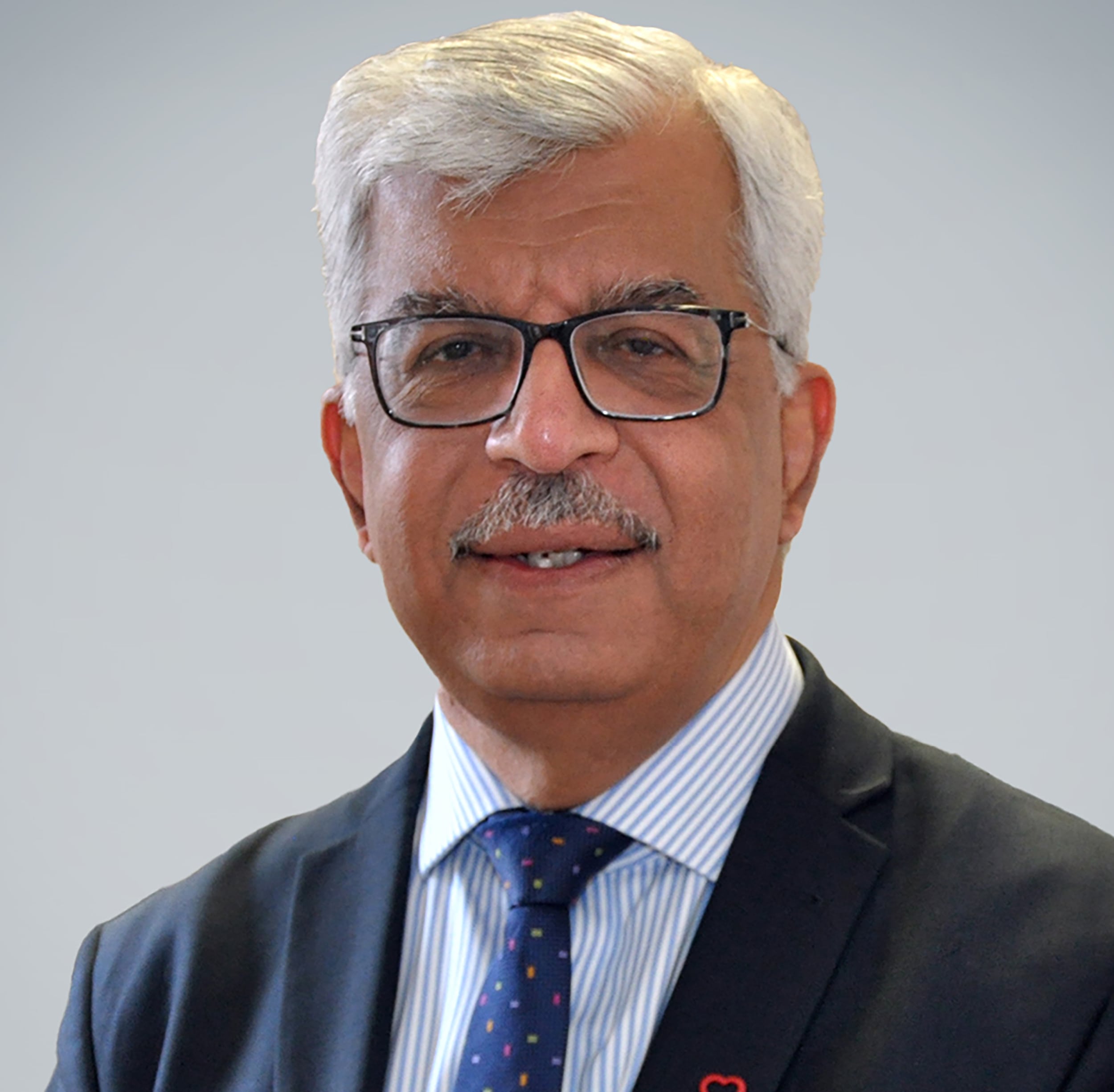
Irfan Rahman
University of Rochester Medical Center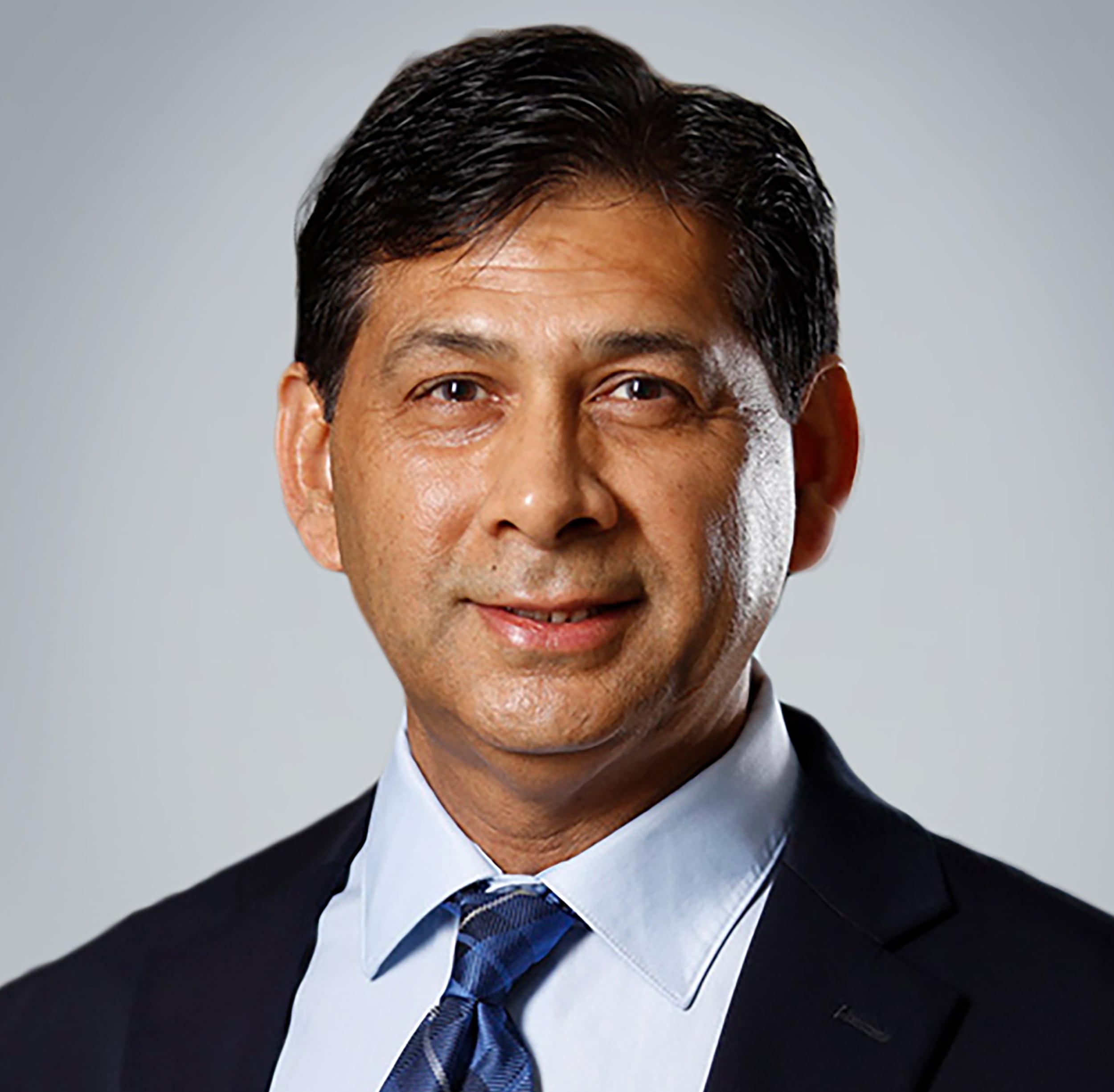
Tamara Tal
Helmholtz Centre for Environmental Research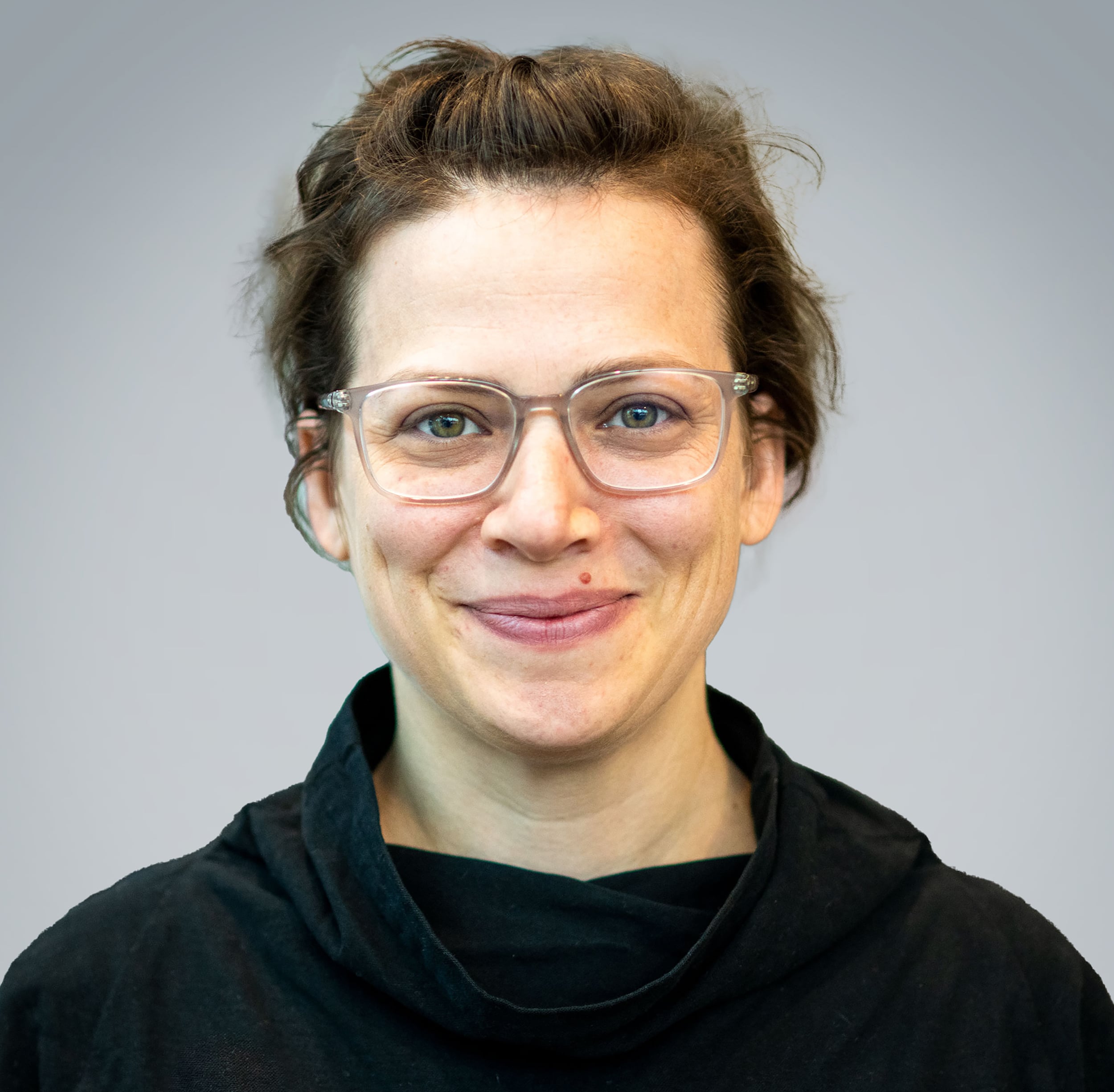
Horst Thiermann
Bundeswehr Institute of Pharmacology and Toxicology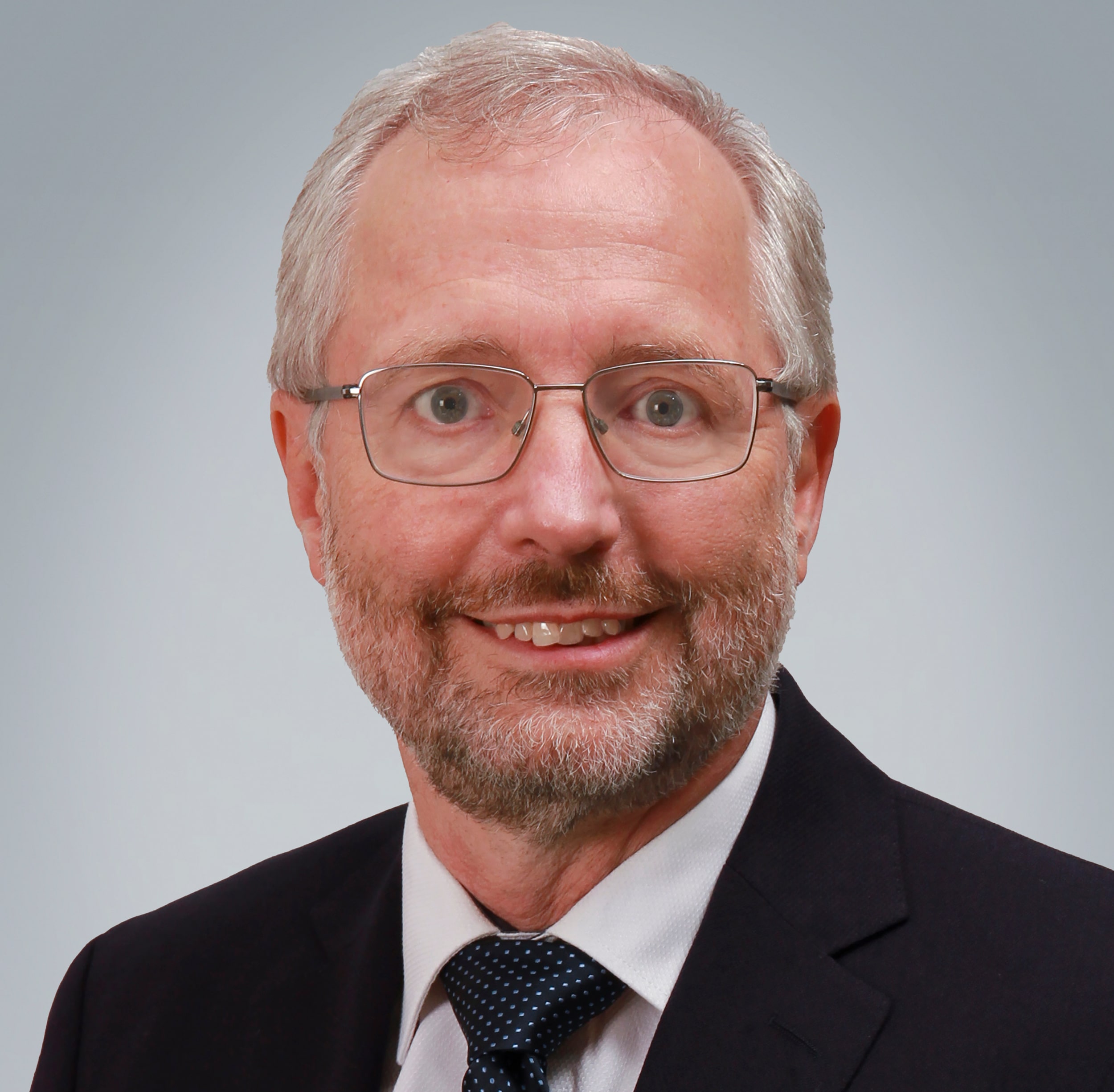
Martin F. Wilks
University of Basel
Donna D. Zhang
Herbert Wertheim UF Scripps Institute




